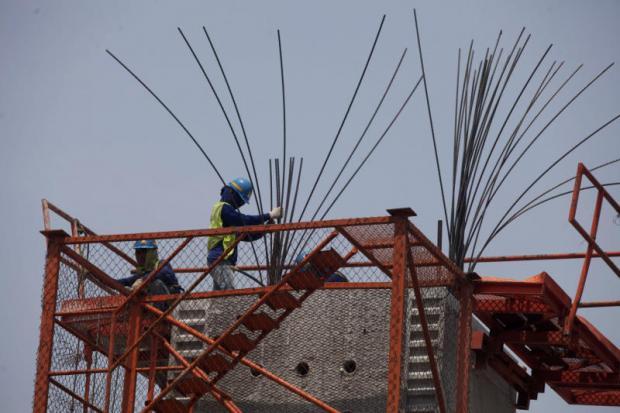World Bank urges Asian city planning
The World Bank urges greater infrastructure investment and better access to jobs for people in urban areas to combat poverty and boost economic growth.
“Cities across East Asia and the Pacific are not delivering infrastructure, jobs, and services at a pace as rapid as urban development, leading to widening inequalities that may hamper economic growth and lead to social division,” said Abhas Jha, practice manager of the World Bank Global Practice for social, urban, rural development and resilience.
A new report, titled “Expanding Opportunities for the Urban Poor”, said East Asia and the Pacific is the world’s most rapidly urbanising region and by 2018, half the region’s population, or more than 1.2 billion people, will be living in urban areas.
The report said it is often difficult for cities to keep up with the growing needs of their citizens, while a lack of planning and investment in infrastructure, housing and transportation invariably results in widening inequalities for urban dwellers.
“Despite exceptional economic growth, an overall increase in income and a substantial reduction in poverty, income inequality has been increasing in the region, especially in high-growth economies such as China and Vietnam,” said Mr Jha.
The region also has the world’s largest slum population of 250 million people, who are living with poor quality housing, limited access to basic services, and are at risk to hazards such as flooding, reflecting growing inequality.
“The largest share of urban poverty in the East Asia Pacific region is in smaller cities and towns,” the report said.
In 2014, Thailand had 25% of its total population living in urban areas, with up to 8 million people living in urban slums, said the report.
If these challenges facing cities are not addressed, it will put pressure on the region’s future growth, stability and social cohesion, said the report.
The report encourages governments to have a multi-dimensional approach to planning, incorporating aspects of spatial and social inclusion to foster economic growth and reduce poverty.
For promoting economic inclusion, the report recommends connecting the urban poor with job markets by making investments in universal primary education, bringing together industry and education, and promoting training programmes that impart sought-after skills to meet labour market demands.
“Employment and income generation are critical to achieving poverty reduction and economic inclusion,” said the report.
Governments should also provide better transportation infrastructure and services that enable mobility in poor communities, said the report.
For supporting spatial inclusion, the report suggests policymakers invest in integrated urban planning, ensure affordable land and housing, and provide equitable access to infrastructure and basic services.
“Investments in clean water, sanitation and solid waste collection have tremendous impacts on health, productivity, and welfare, particularly at the incipient urbanisation levels,” said the report.
The report also suggests recognising the rights of all citizens to the city, targeting marginalised subgroups among the urban poor, strengthening local governance, and embracing citizen engagement for promoting social inclusion.
Source: https://www.bangkokpost.com/business/news/1336071/world-bank-urges-asian-city-planning


 Thailand
Thailand




